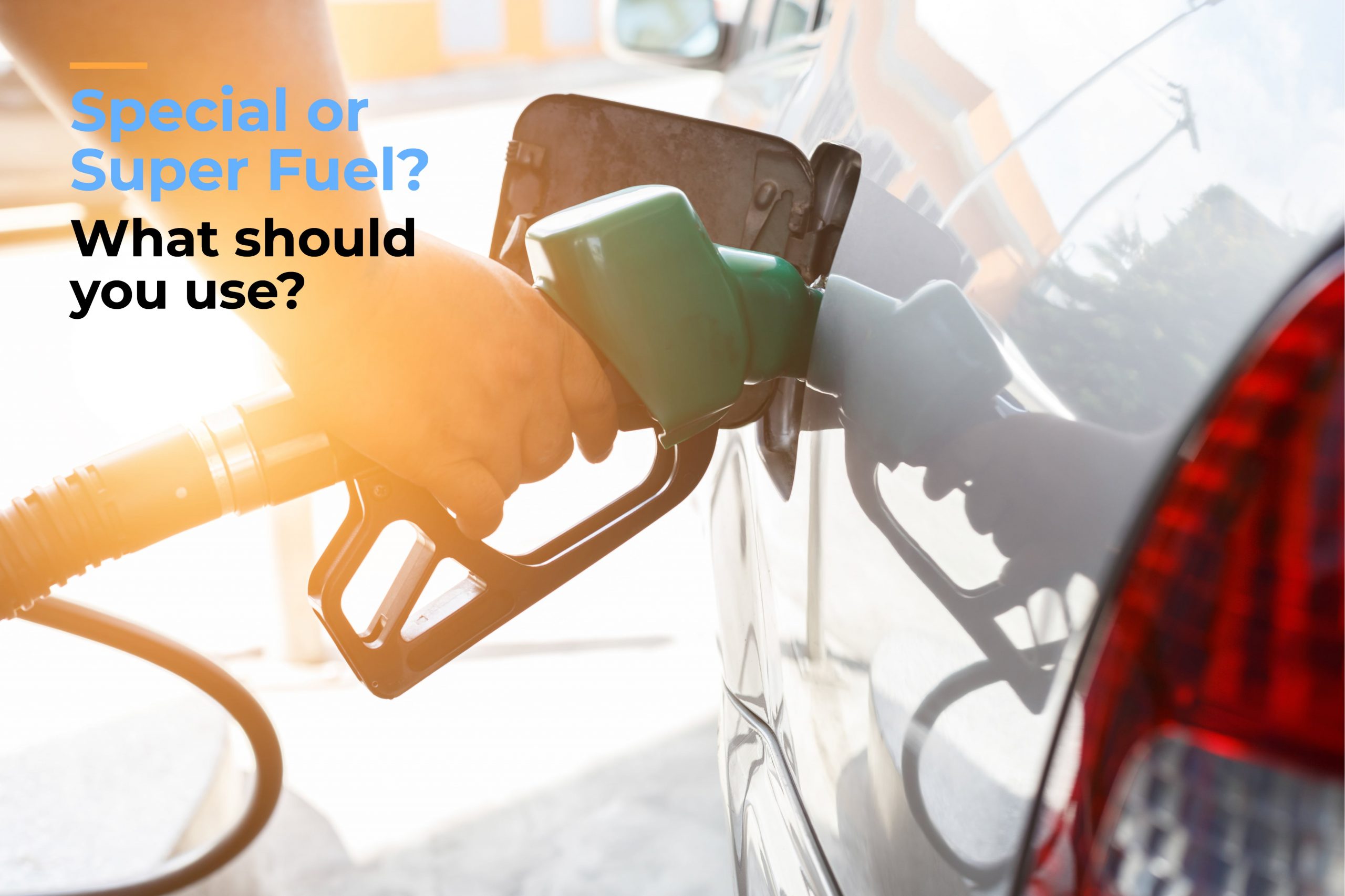Special or Super fuel – What should you use?
You drive into a petrol/gas station and ask the attendant to fill your car up with fuel.
The attendant asks whether you want super, special or diesel. You know your car isn’t diesel, but what should you get, Super or Special?
Some years ago, many people believed that buying Special fuel for your car will help the engine and was very good for the car, however; production of fuel and improvements to the engine have come a long way – so is there really a difference?
So what is Super Fuel?
Super Fuel is made from Crude Oil and has no lead compounds and is less hazardous to both the car and health than gas/petrol with lead. It usually has an octane rating of 87.What is an Octane rating?
An Octane rating or Octane number is the standard measure of performance of an engine and its fuel. The higher the octane number, the longer it takes the petrol to detonate before the engine needs it. Lower octane ratings can cause knocking on pre-ignition.The octane ratings are: Special 95 and Super 98 and can be found on the petrol pumps.
What is Special Fuel?
Special fuel is also made from Crude oil and has no lead components. Its octane rating is 90 or higher, and it keeps the engine cleaner because of its detergent additives. It is also cleaner on the environment.So what should you use? Special or Super Fuel?
There have been many instances where cars have been put to the test with special and super fuels in isolation. There are minor differences in the brake horsepower (BHP) when cars were tested in controlled environments, however, when a car wanted more “throttle” on the road, there was a noticeable difference.In short, both types of petrol/gas are suitable for all cars, but you may want to check the price difference if you drive frequently.
Originally published Apr 02, 2019 16:03:45 PM, updated Jun 07, 2024



